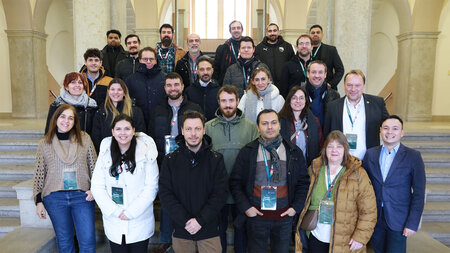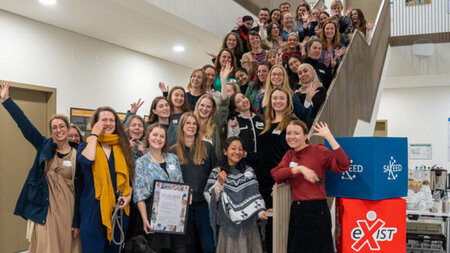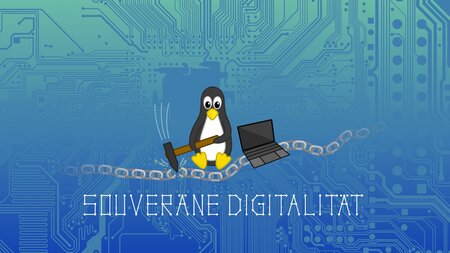Informatik-Kolloquien
319. Informatik-Kolloquium
Öffentliche Verteidigung im Rahmen des Promotionsverfahrens
Herr Markus Ullrich, M.Sc.
TU Chemnitz
Fakultät für Informatik
Professur Verteilte und selbstorganisierende Rechnersysteme
"Performance Modelling for Optimized Resource Management and Application Deployment in Cloud Environments"
Donnerstag, 10.02.2022, 14:00 Uhr, per Videokonferenzsystem
Abstract:
Cloud computing is an exciting concept that propels the development of technologies, the creation and expansion of businesses and the rapid prototyping of new ideas. Utilizing the advantages the cloud offers to their fullest potential is not a simple task and thus often users struggle with the technological aspects, lose revenue or do not attempt to benefit from this idea at all. In this dissertation, we identify the lack of standards for performance descriptions as well as the steep learning curve to get familiar with the cloud, which is further amplified by the abundance of available services, as the most prevalent issues that individuals and companies encounter. We further show the relevance of solving these issues by outlining the expected impact, which includes decreased time and financial detriments for individuals and companies as well as a negative effect on the environment. To solve the identified problems we propose the development of a cloud broker with three key components that utilize a performance oriented resource and application model to 1) compare arbitrary resources and applications in a fair manner based on general information, collected with standard benchmark tools 2) select the optimal infrastructure for any application by estimating its resource consumption and execution time and 3) automatically create and manage the selected infrastructure as well as the application deployment. Our contributions to this proposal include the development and test of prototypical proof-of-concept implementations for the three components, the design of the underlying resource and application performance model as well as the selection of appropriate, generic benchmark solutions, which we deployed on two major public clouds using our prototypes. In an extensive objective-based evaluation we assess that we contributed towards solving all the major issues that we identified to increase the usability and efficiency of cloud computing by enabling a better comprehension of resource and application performance in cloud environments and by reducing the necessary time and effort to deploy arbitrary applications in the cloud. We conclude by interpreting the evaluation results and providing an outlook towards future work.





